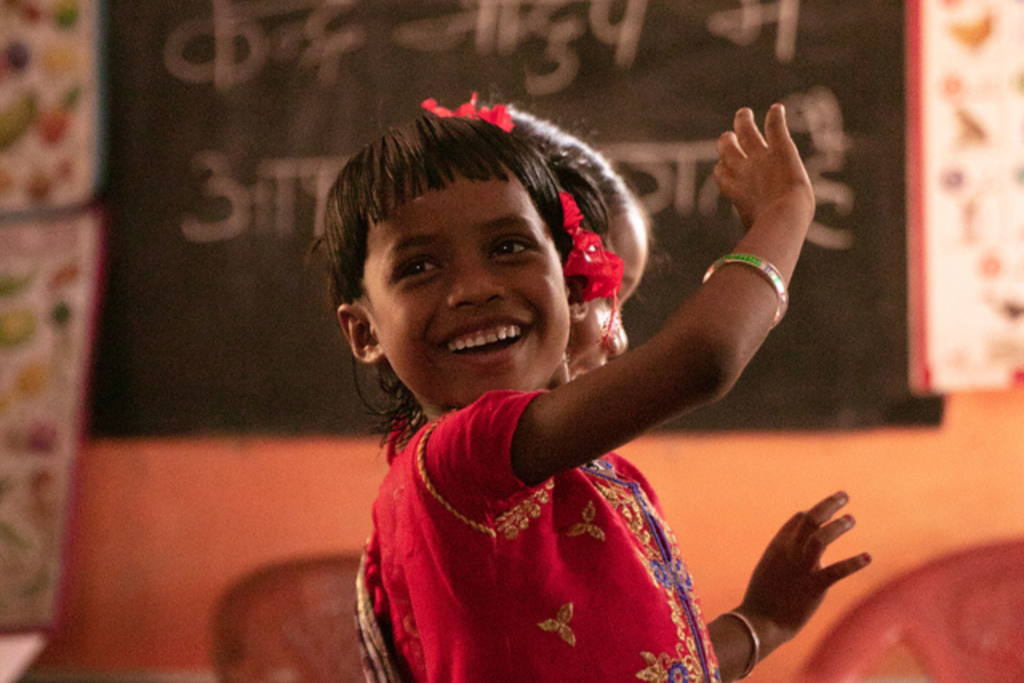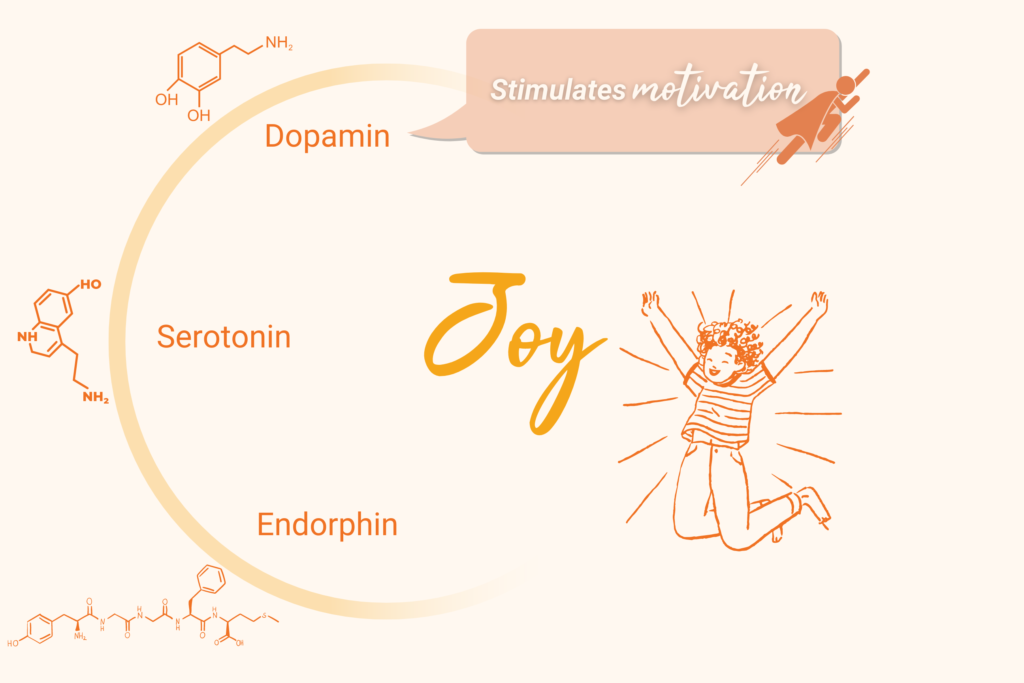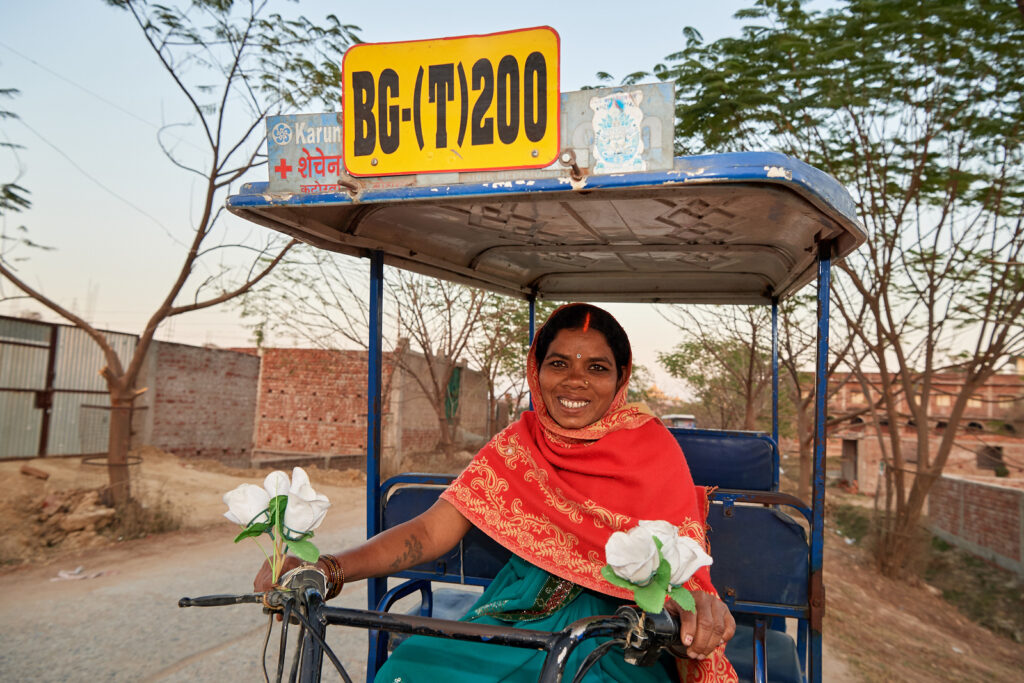Imagine. You’re looking around you. You see all these people, allied in the same direction, for a common purpose. Sparks arise in your chest : we can indeed marvel at the joy that the right action brings, no matter the cause, or the manner in which we commit ourselves.
Commitment is not easy and it always has a cost. It takes our time, our energy, our emotional capacity, our money. But as we work with others who share our vision, our differing sensitivities and histories dissolve into the delight of shared actions that nourish us. The work gives us the sparkle of inner joy: the feeling of contributing to a cause that goes beyond ourselves, of belonging to a positive movement, of being aligned with others as well as ourselves.
The Good Fight is the one we engaged in because our heart demanded it.
Paulo Coelho
Creating bonds
Engaging allows us to build relationships. We don’t engage alone. We work alongside others, and in service to others. This is the very foundation of commitment: not to pursue personal interests, but to act for the good of others. Whether it is to accompany people in difficulty, to raise awareness of a cause, to protest against an injustice, to relieve suffering, or to resolve a tension.

Our existence, and even our survival, depends on our ability to build mutually beneficial relationships with others. Human beings have a deep need to feel connected, to trust and enjoy the trust of others, to love and be loved in return.
Matthieu Ricard, blog article Caring for caregivers

What is the point of being indignant about injustices while sitting at home where we feel powerless, alone, and demoralized? Instead we can set ourselves in motion and join a cause that is important to us. To avoid burn-out, we should choose causes that are closest to our hearts. As we take action, we will feel the joy, the excitement of sharing the commitment to a goal, and the sense that, yes, we are part of a cause that is bigger than ourselves.
For Daniel Batson, an American researcher on the psychology of altruism and empathic concern, the fact that we feel happiness in doing good does not make an act selfish, if our primary motivation is altruistic. Matthieu Ricard also argues that: “Authentic altruism does not require that you suffer for helping others and does not lose its authenticity, if it is accompanied by a sense of deep satisfaction”. Feeling guilty about feeling good when we commit ourselves and put ourselves at the service of others is no longer relevant: let’s help each other, and with the satisfaction of doing what we feel is right!
At the moment, get involved in favor of food security in India and Nepal
with Action For Karuna
The need for joy
Joy is one of Karuna-Shechen’s work values, along with these seven others: be the team, listen actively, be benevolent, stay efficient, embrace the unknown, express gratitude, and share with wise speech.
In order to help in the best possible way and for the long term, joy is not a luxury, it is a necessity. Indeed, serving others with enthusiasm increases resilience, and helps sustain our commitment. It would be difficult to offer quality, long-term work, if everyone in the organization was heavy with sadness and hopelessness. We call this the “sustainable development” of emotions. Anger, sadness or aggressiveness exhaust us. Whereas, joy motivates us and gives us wings.

If you think that this is naive, Matthieu Ricard proposes the experience of spending the day in anger, from morning to night, and then observing how we feel at bedtime. The next day, spend the day in joy and, again, observe your state at night. Experiment with this yourself, and decide what is best for you.

Our experience is that anger is a useful engine, but one that consumes its vehicle, while enthusiasm is a lasting fuel. We can experience this, and it is also supported by scientific data: joy is triggered by serotonin, endorphin and dopamine. Dopamine strengthens motivation, thus creating a virtuous circle.
It is not a question of forcing ourselves to be joyful in all situations. Nor is there any point to denying our sadness, our anger, or our frustration at being powerless. In some cases, anger can be a great motivator. Our call is to welcome joy, when it arises, and to cultivate it through action and kindness.
Welcoming joy in action
This can be done by remembering to appreciate the beauty of the path up the mountain and not just the final view. We do not limit our satisfaction to having reached the goal, but we savor it as soon as we start moving towards it and see that we are not alone. Joy also comes from appreciating why we are in action. So there is a threefold joy: the joy of the intention, the joy of the journey, and the joy of the result. This avoids the cycle of discouragement we feel when we decide that the goal is a mandatory condition for joy. With this threefold joy, we break down the action into many smaller satisfying steps. This allows the end to be an additional cause for happiness amid the joy of a job well done. The threefold joy also helps us differentiate between pleasure and satisfaction. When the work is meaningful, an intense and difficult day can bring us deep satisfaction. It is so much more than a day composed of momentary pleasures.
Receiving smiles back
In India, the women who learn to drive rickshaws as part of Karuna’s economic development programs are sparkling with joy. Their days are hard. They are often frowned upon, because they are doing a “man’s job” and on top of that there is the physical difficulty of their occupation. They are driving many kilometers on mountain roads each day, with passengers who can be unpleasant sometimes. Despite the difficulties, these jobs bring them great satisfaction. The joy they get from their financial autonomy, their successful entrepreneurship, and the feminist dimension of it is visible and contagious to those around them.

Enthusiasm in commitment motivates the people around us to commit: we inspire each other. And when we can see the enthusiasm and smiles of the people we serve, as in the case of the women rickshaw drivers, then the action makes all the more sense. Is there a better indicator of “performance” than the joy in the eyes of others?
Joy is a spark we can receive from commitment. It is neither the cause of commitment, nor its objective. It is a gift that we receive sometimes, often, when we give of ourselves.
